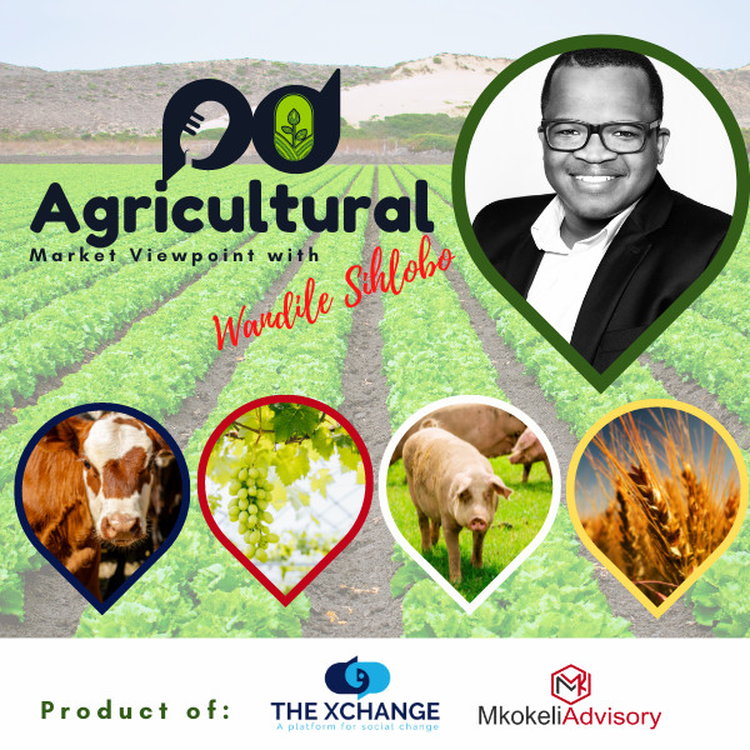
Why April is a critical month for SA agriculture
Loading player...
April is an important month in South Africa's agricultural sector, especially for field crops. Later this month, farmers in the Western and Northern Cape, Free State, Limpopo and other winter crop growing regions will start preparing the land for 2023/24 winter wheat, canola, barley and oats production.
For now, it is unclear how much area will be planted for each crop. The Crop Estimates Committee (CEC) will release the farmers' intentions to plant data, and key figures for the potential area plantings, on 26 April. We expect most crops' plantings to exceed the five-year average area. For example, the wheat five-year average area planted is 528 690 hectares, which is 7% lower than the area plantings for the 2022/23 production season. Therefore, we doubt that the 2023/24 season will see an area below the five-year average. Wheat prices, although having softened somewhat in recent months, remain relatively attractive for farmers. Moreover, the demand for the crop domestically remains strong.
Notably, the input prices have come off from the highs we saw last year. For example, in February 2023, essential agrochemicals such as glyphosate, acetochlor, and atrazine were down by 32% y/y, 18% y/y and 2% y/y, respectively, in rand terms. Had the South African Rand not weakened during this period, the gains from the price declines would have been significant.
Aside from these developments in winter crops, the summer crop-growing regions of South Africa are also nearing the harvest process. In the early planted regions, we should see a start of the harvest later this month. The crop across the country is in reasonably good condition, maturing and drying in some regions.
We generally expect an ample harvest in most summer crops, which is aligned with the view of the CEC. In its March update, the CEC projected South Africa's 2022/23 summer grains and oilseed production estimate at 19,6 million tonnes, 5% higher than the previous season.
My writings on agricultural economic matters are available on my blog: https://wandilesihlobo.com/
Podcast production by: Lwandiso Gwarubana, Richard Humphries, and Sam Mkokeli
For now, it is unclear how much area will be planted for each crop. The Crop Estimates Committee (CEC) will release the farmers' intentions to plant data, and key figures for the potential area plantings, on 26 April. We expect most crops' plantings to exceed the five-year average area. For example, the wheat five-year average area planted is 528 690 hectares, which is 7% lower than the area plantings for the 2022/23 production season. Therefore, we doubt that the 2023/24 season will see an area below the five-year average. Wheat prices, although having softened somewhat in recent months, remain relatively attractive for farmers. Moreover, the demand for the crop domestically remains strong.
Notably, the input prices have come off from the highs we saw last year. For example, in February 2023, essential agrochemicals such as glyphosate, acetochlor, and atrazine were down by 32% y/y, 18% y/y and 2% y/y, respectively, in rand terms. Had the South African Rand not weakened during this period, the gains from the price declines would have been significant.
Aside from these developments in winter crops, the summer crop-growing regions of South Africa are also nearing the harvest process. In the early planted regions, we should see a start of the harvest later this month. The crop across the country is in reasonably good condition, maturing and drying in some regions.
We generally expect an ample harvest in most summer crops, which is aligned with the view of the CEC. In its March update, the CEC projected South Africa's 2022/23 summer grains and oilseed production estimate at 19,6 million tonnes, 5% higher than the previous season.
My writings on agricultural economic matters are available on my blog: https://wandilesihlobo.com/
Podcast production by: Lwandiso Gwarubana, Richard Humphries, and Sam Mkokeli

